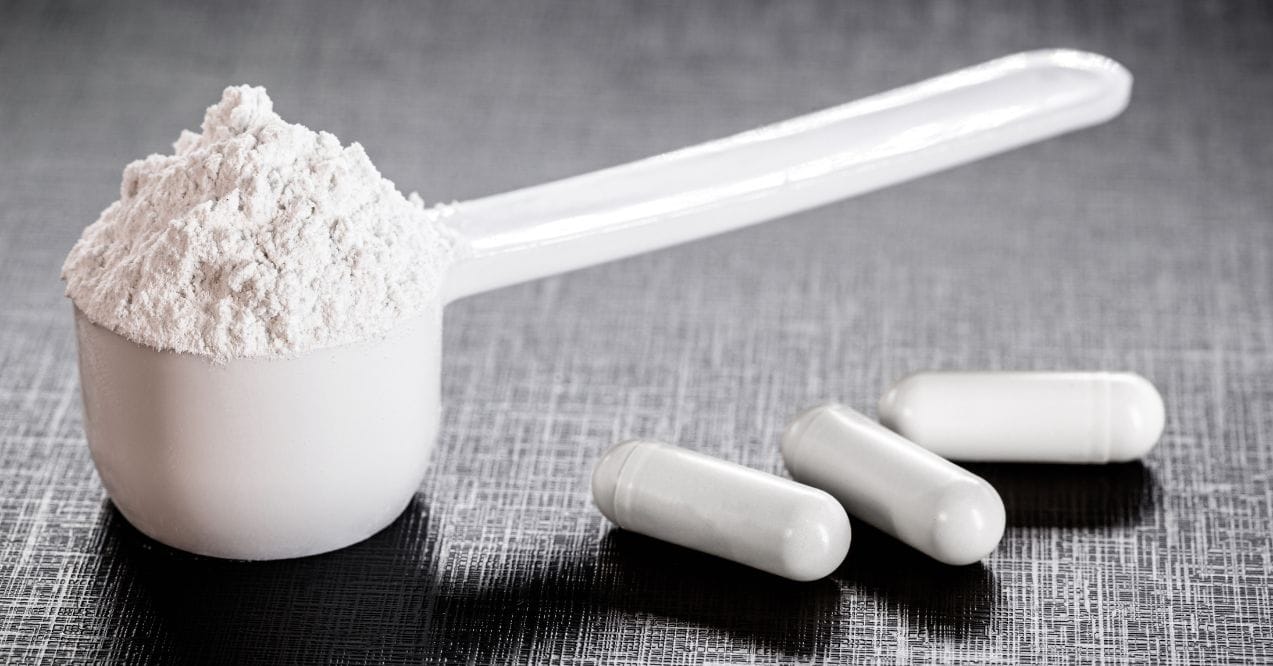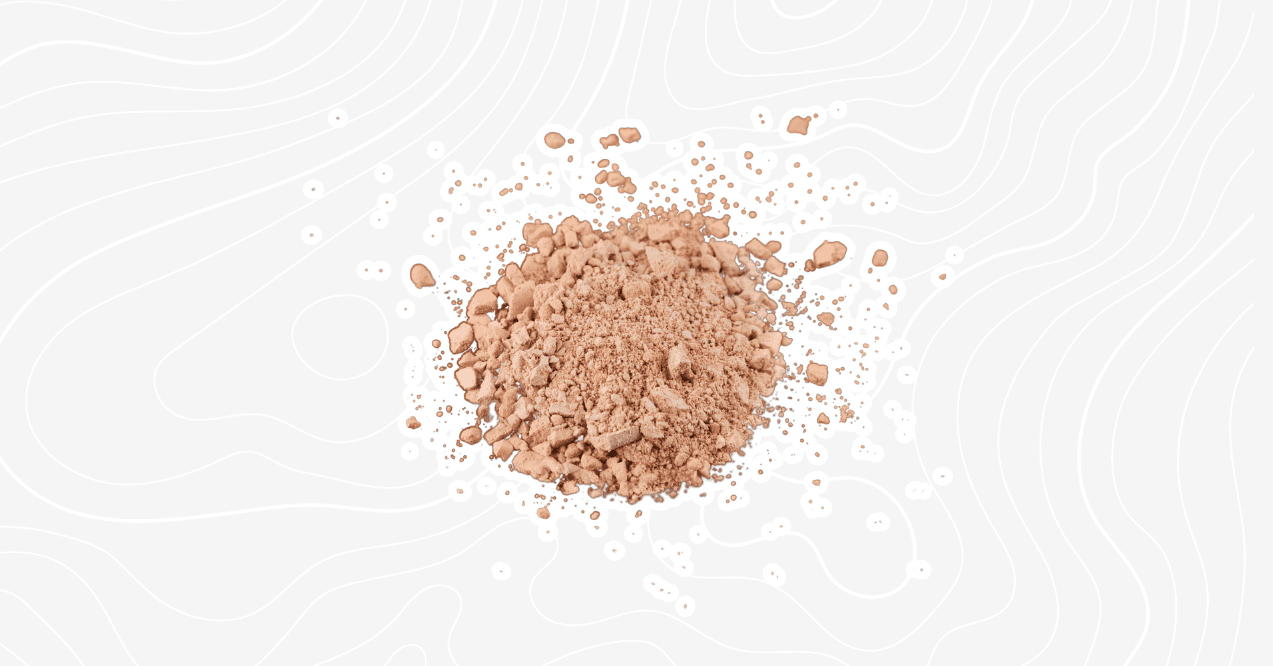11 Best Brain Supplements for Adults (Expert Advice)
In today’s fast-paced world, it’s becoming increasingly important to maintain optimal cognitive function and mental clarity. Whether you’re a student, a working professional, or a senior looking to maintain sharp cognitive abilities, there are numerous brain supplements available that can help. These supplements are designed to enhance brain function, improve memory, and increase focus, allowing you to perform at your best in any situation.
However, with so many brain supplements and productive performance supplements on the market, it can be challenging to determine which ones are truly effective. That’s why we’ve put together a list of the 11 best brain supplements for adults in 2023. These supplements have been carefully selected based on their effectiveness, safety, and overall quality, so you can be sure you’re getting the best possible cognitive support.
Whether you’re looking for a natural nootropic to help you with mind clarity, best supplements for mental clarity or best supplements for focus and concentration, this guide has got you covered. So, without further ado, let’s take a closer look at the top 11 brain supplements for adults that you should consider in 2023.
Key Article Findings:

Best Brain Supplements for Adults
In this blog post, we’ll be exploring 11 of the best brain supplements for adults in 2023. These supplements have been chosen for their ability to enhance cognitive function, improve memory, and increase focus. From natural nootropics like Lion’s Mane, Shiitake, and Reishi to traditional supplements like fish oil and Ginkgo Biloba, this list has something for everyone.
We’ll also be covering the benefits of Resveratrol, Creatine, Caffeine, L-Carnitine, Bacopa Monnieri, and Rhodiola Rosea, so you can find the brain supplement that’s right for you. Whether you’re looking to boost your productivity, improve your memory, or simply enhance your overall brain health, these 11 supplements are worth considering. So, let’s dive in and explore the world of brain supplements!
1. Lion’s Mane
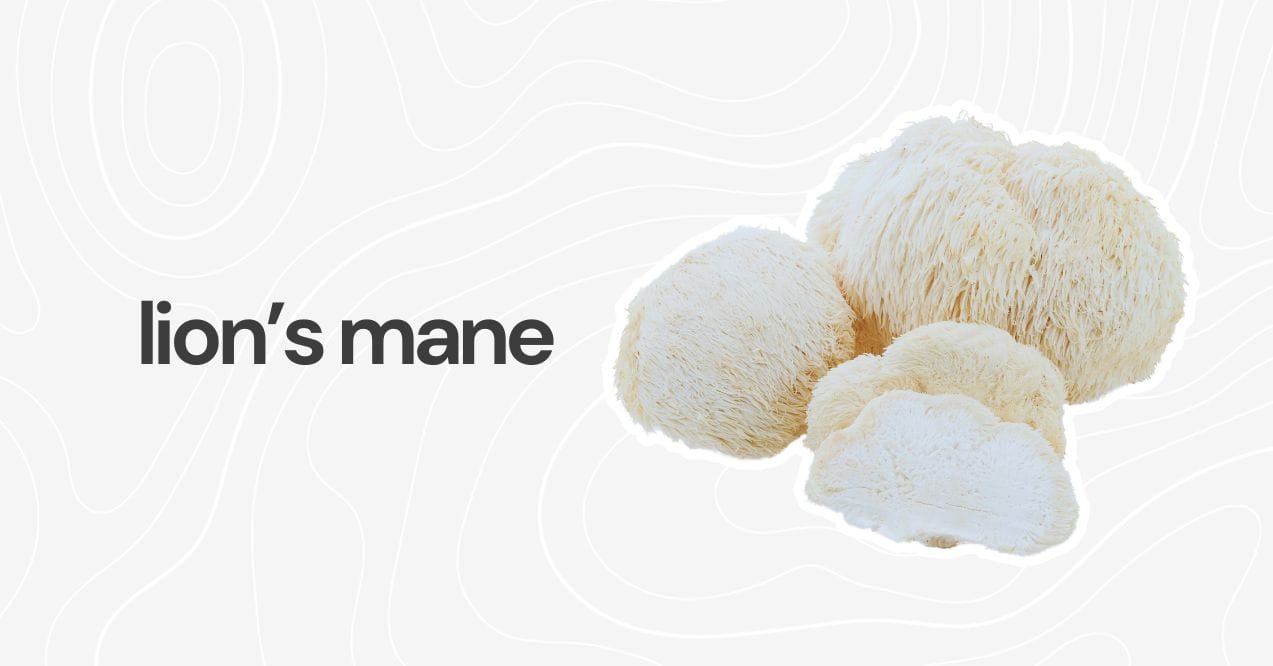
Lion’s Mane is a type of mushroom that has been used in traditional Chinese medicine for centuries. It is a popular natural nootropic that has been shown to increase nerve growth factor (NGF) levels in the brain, improve memory and cognitive function, and reduce inflammation. Lion’s Mane contains compounds that stimulate the growth of new brain cells and enhance brain plasticity. It also has antioxidant properties that can help protect the brain from oxidative stress and damage. While more research is needed, Lion’s Mane is generally considered safe and well-tolerated.
2. Shiitake
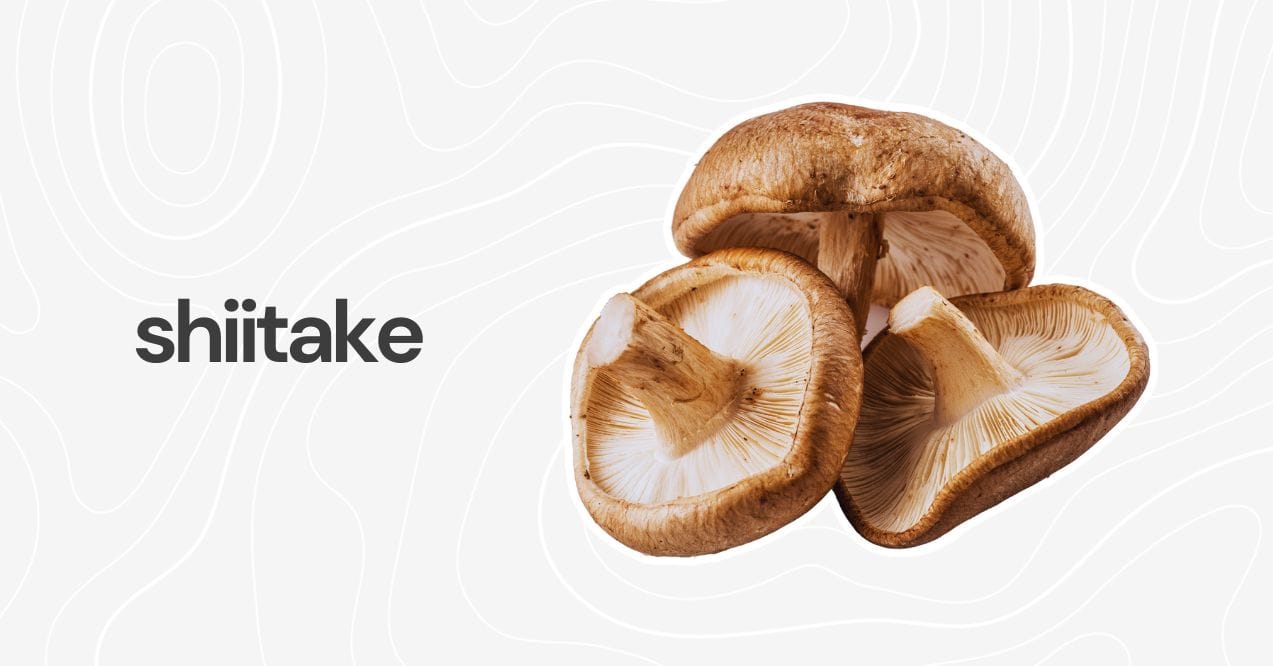
Shiitake mushrooms are a popular type of edible mushroom that contain beta-glucan, a compound that can boost the immune system. Shiitake also has anti-inflammatory and antioxidant properties that can protect the brain from oxidative stress and inflammation.
Additionally, Shiitake contains compounds that may enhance blood flow to the brain, improving cognitive function and memory. While more research is needed to fully understand the cognitive effects of Shiitake, initial studies have shown promising results. Shiitake is generally considered safe and well-tolerated, but it’s always a good idea to consult with a healthcare professional before adding it to your daily routine.
3. Reishi
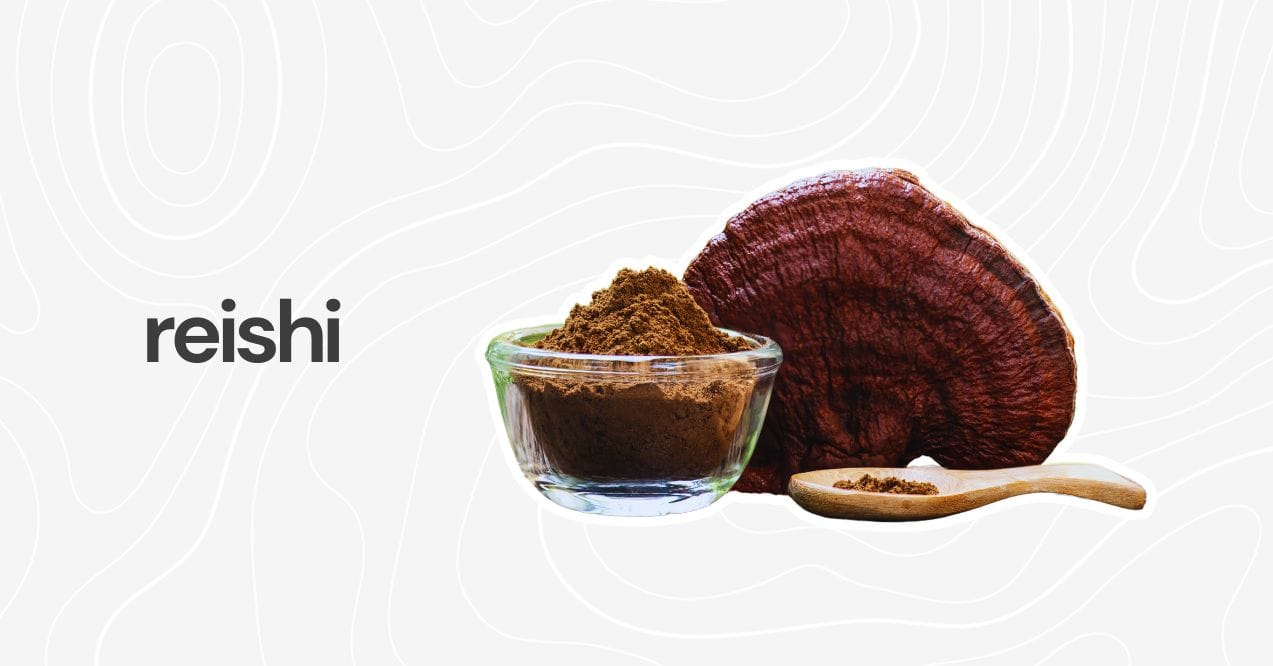
Reishi is a type of mushroom that has been used in traditional Chinese medicine for centuries. It contains compounds that can reduce stress and anxiety, as well as antioxidant and anti-inflammatory properties that can protect the brain from oxidative stress and inflammation. Reishi also contains polysaccharides and triterpenes, which have been shown to enhance cognitive function and improve memory in animal studies. While more research is needed to fully understand the cognitive effects of Reishi, initial studies have shown promising results.
4. Fish Oil
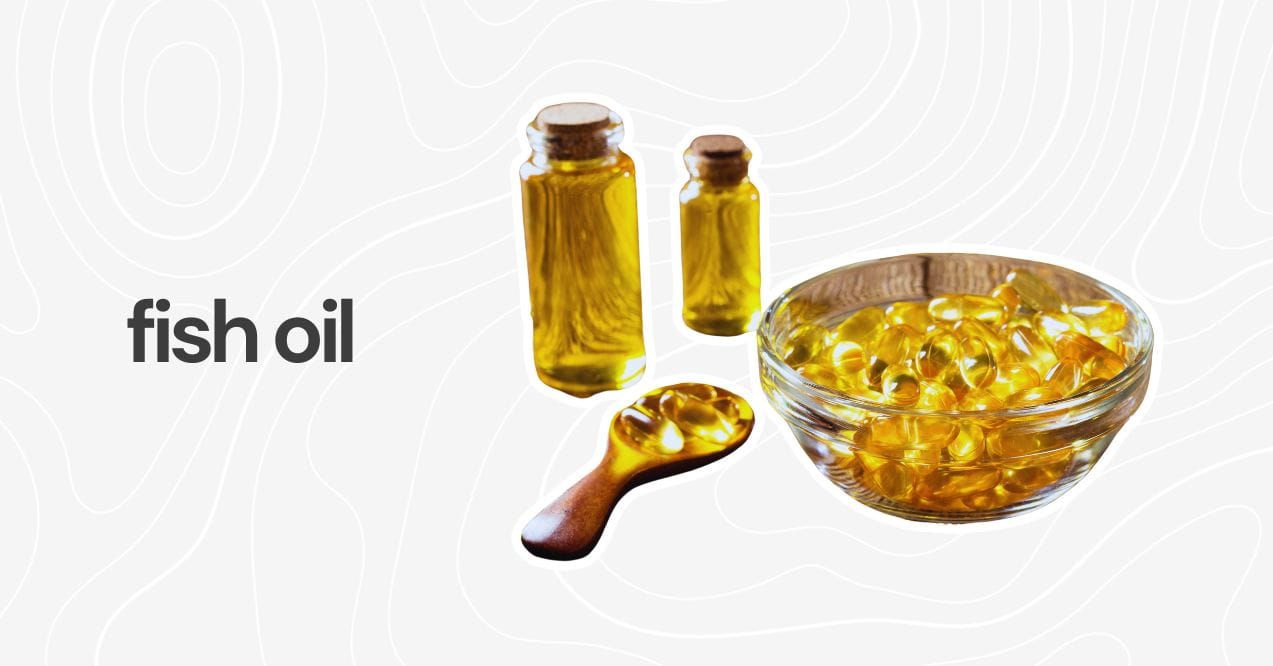
Fish oil is a dietary supplement that is derived from the tissues of oily fish. It is a rich source of omega-3 fatty acids, which are essential for optimal brain health. Omega-3 fatty acids are important for the growth and development of the brain, and they play a crucial role in cognitive function and memory.
Research has shown that fish oil supplements can improve cognitive function in adults, especially in those with mild cognitive impairment. Additionally, fish oil may help reduce the risk of age-related cognitive decline and neurodegenerative diseases like Alzheimer’s and Parkinson’s.
In addition to its cognitive benefits, fish oil has also been shown to have anti-inflammatory properties that can help protect the brain from oxidative stress and inflammation. It may also help reduce the risk of cardiovascular disease, which is a risk factor for cognitive decline.
5. Resveratrol
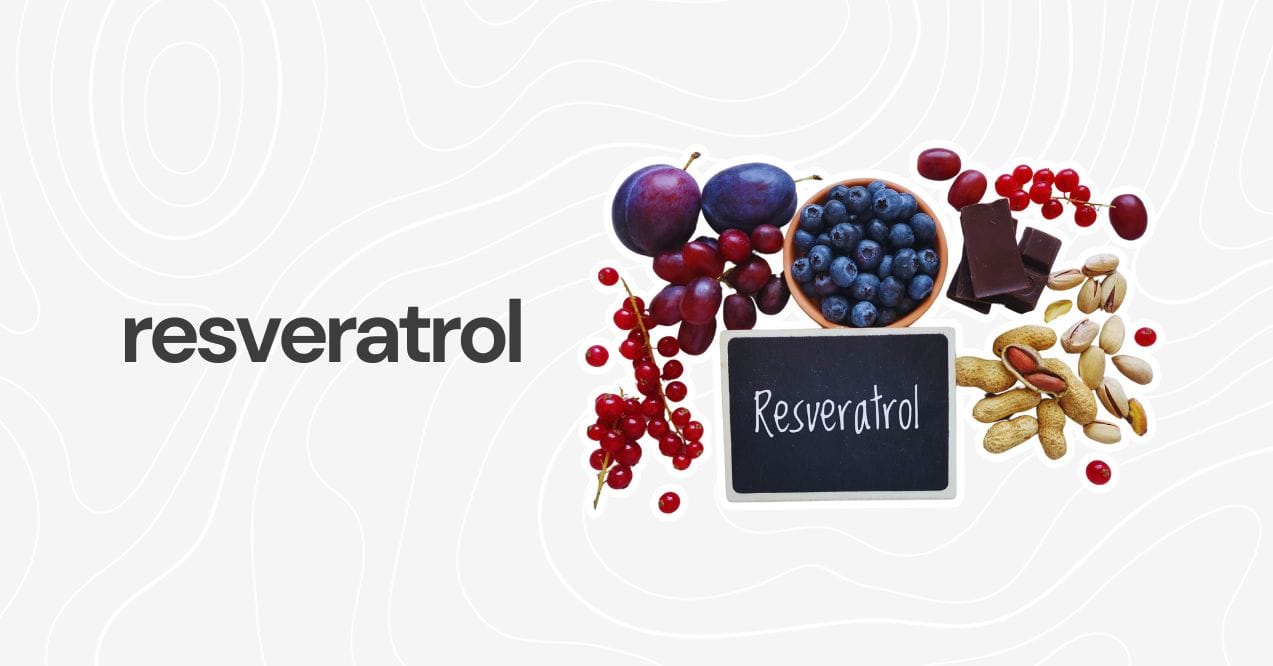
Resveratrol is a polyphenol that is found in grapes, peanuts, and berries. It is a popular dietary supplement that is known for its antioxidant and anti-inflammatory properties. Resveratrol has been shown to have numerous health benefits, including improving cognitive function and protecting the brain from oxidative stress and inflammation. Research has also suggested that Resveratrol may help reduce the risk of age-related cognitive decline and neurodegenerative diseases like Alzheimer’s and Parkinson’s. While more research is needed to fully understand the cognitive effects of Resveratrol, it is generally considered safe and well-tolerated.
6. Creatine

Studies have shown that creatine supplementation may help improve cognitive function, particularly in the areas of short-term memory and reasoning skills. Creatine plays a key role in the production of adenosine triphosphate (ATP), which is the primary source of energy for cells in the body, including brain cells. By increasing the amount of creatine in the brain, it may be possible to improve cognitive function by providing more energy to brain cells.
Additionally, creatine has been shown to have neuroprotective effects and may help prevent age-related cognitive decline and neurodegenerative diseases like Alzheimer’s and Parkinson’s. While more research is needed to fully understand the cognitive effects of creatine, it shows promise as a natural nootropic for improving brain function
7. Caffeine

Caffeine is a natural stimulant that is found in many foods and beverages, including coffee, tea, and chocolate. It is one of the most widely consumed psychoactive substances in the world and is known for its ability to improve alertness and concentration. Studies have shown that caffeine can help improve cognitive function by blocking the action of adenosine, a neurotransmitter that can make you feel tired and sluggish. By blocking adenosine, caffeine increases the activity of other neurotransmitters like dopamine and norepinephrine, which can help improve mood, reaction time, and cognitive function. However, it’s important to note that excessive caffeine consumption can have negative side effects like anxiety, jitters, and insomnia.
8. L-Carnitine
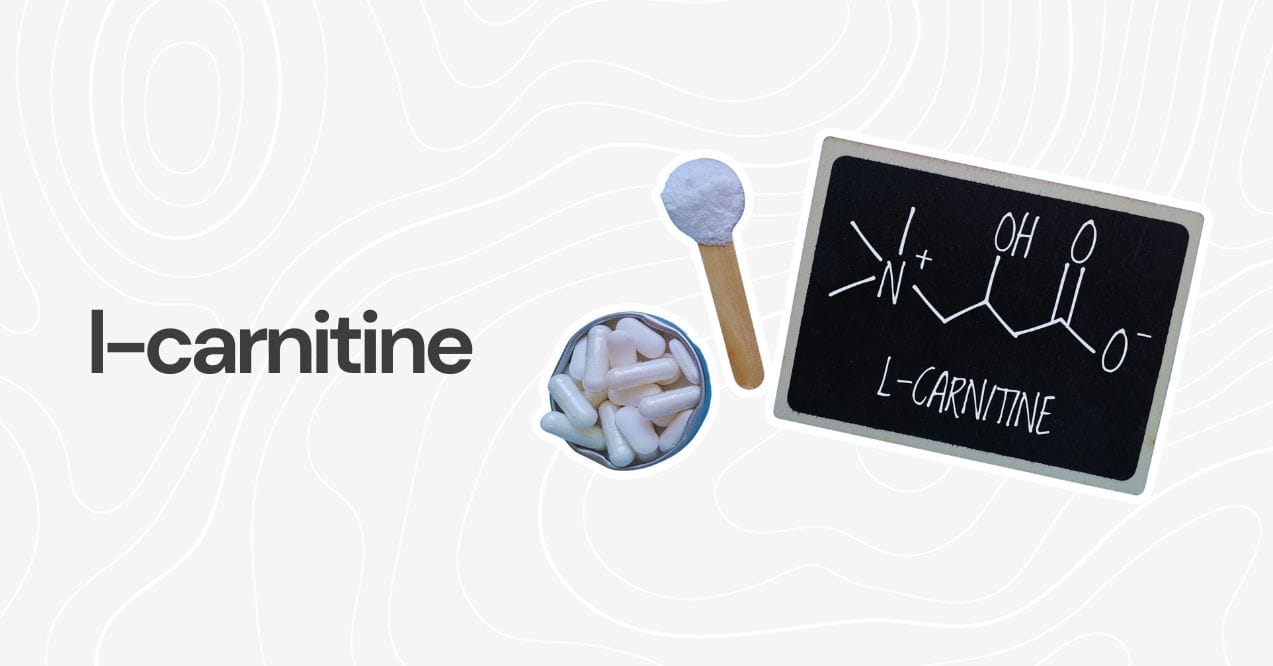
L-Carnitine is an amino acid that is naturally produced in the body and is also available as a dietary supplement. It is primarily known for its role in energy production and metabolism, but recent research suggests that it may also have potential benefits for cognitive function. Studies have shown that L-Carnitine can help improve brain function by increasing blood flow to the brain and improving the efficiency of mitochondria, which are the energy-producing structures in cells.
Additionally, L-Carnitine has been shown to have antioxidant properties that can help protect the brain from oxidative stress and inflammation. While more research is needed to fully understand the cognitive effects of L-Carnitine, it shows promise as a natural nootropic for improving brain function.
9. Ginkgo Biloba
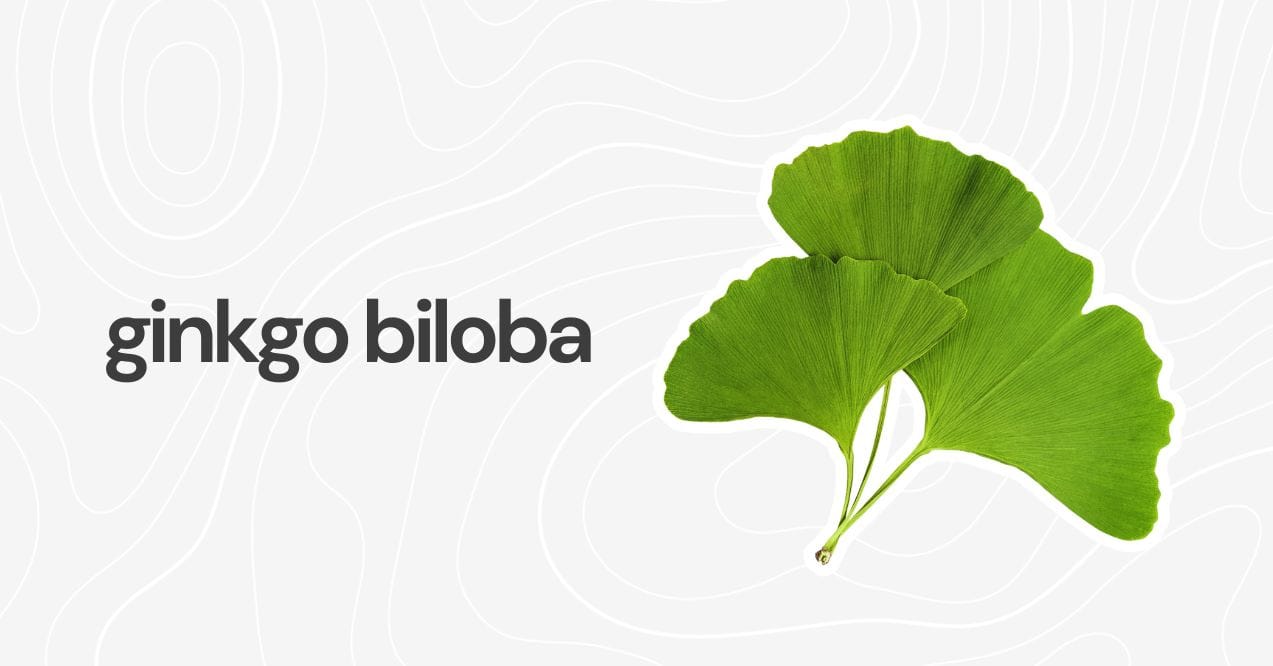
Ginkgo Biloba is a popular herbal supplement that is derived from the leaves of the Ginkgo Biloba tree. It has been used for centuries in traditional Chinese medicine to treat a variety of ailments, including memory loss and cognitive decline. Studies have suggested that Ginkgo Biloba can improve cognitive function by increasing blood flow to the brain and protecting brain cells from damage caused by oxidative stress and inflammation. It may also improve neurotransmitter function, enhance nerve cell signaling, and increase the production of brain-derived neurotrophic factor (BDNF), which is important for the growth and development of brain cells. While more research is needed to fully understand the cognitive effects of Ginkgo Biloba, it shows promise as a natural nootropic for improving brain function.
10. Bacopa Monnieri
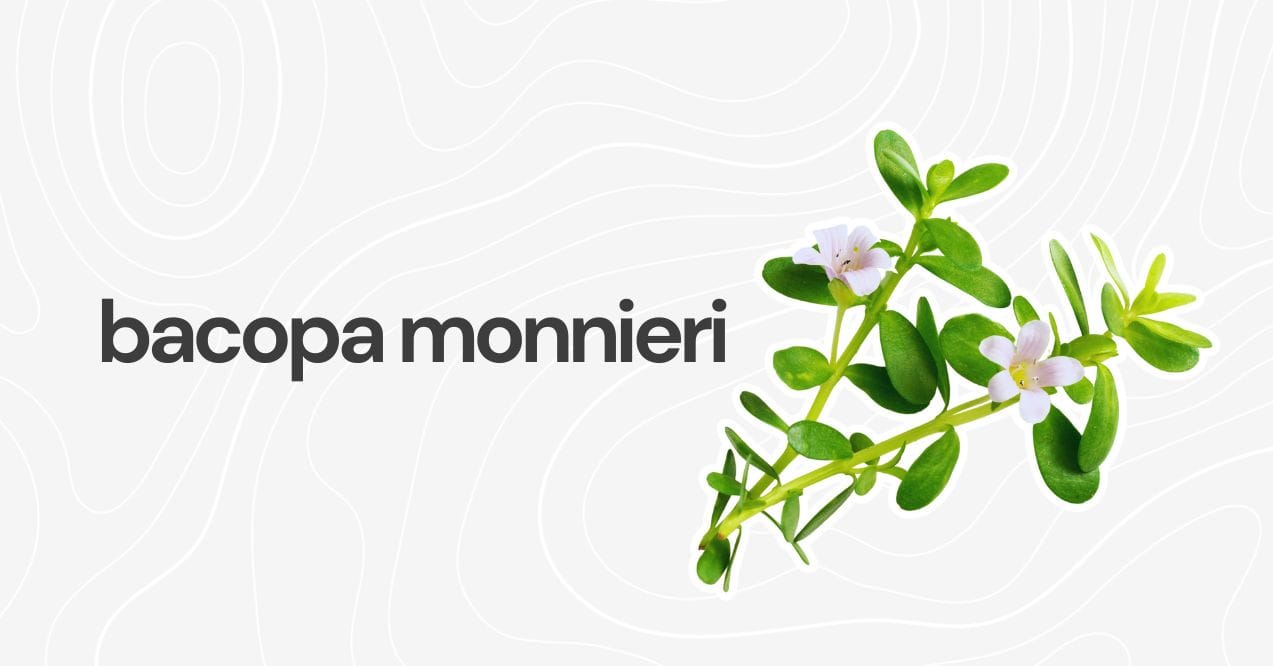
Bacopa Monnieri, also known as Brahmi, is an herb commonly used in traditional Ayurvedic medicine to enhance cognitive function and improve memory. It has been shown to have potential benefits for brain health by increasing blood flow to the brain and promoting the growth and development of brain cells.
Additionally, Bacopa Monnieri has been shown to have antioxidant properties that can help protect the brain from oxidative stress and inflammation. Studies have also suggested that Bacopa Monnieri may help improve cognitive function, particularly memory, in healthy adults and in individuals with cognitive impairment. While more research is needed to fully understand the cognitive effects of Bacopa Monnieri, it shows promise as a natural nootropic for improving brain function.
11. Rhodiola Rosea

Rhodiola Rosea is a herb commonly used in traditional medicine to reduce stress and increase energy levels. It has also been shown to have potential benefits for cognitive function by improving memory and concentration. Rhodiola Rosea contains compounds that can increase the production of neurotransmitters like serotonin and dopamine, which can help improve mood and cognitive function.
Additionally, it has been shown to have antioxidant properties that can help protect the brain from oxidative stress and inflammation. Studies have also suggested that Rhodiola Rosea may help improve cognitive function, particularly in individuals with mild cognitive impairment.
Trumeta Greens
Trumeta Greens is a dietary supplement that contains a blend of natural ingredients designed to support optimal brain health. It is one of the best natural brain supplements for adults as it contains a combination of key ingredients like ginkgo biloba, bacopa monnieri, and rhodiola rosea, which have been shown to have potential benefits for cognitive function. These ingredients work together to improve memory, concentration, and overall brain function by increasing blood flow to the brain, promoting the growth and development of brain cells, and protecting the brain from oxidative stress and inflammation.

Additionally, Trumeta Greens contains antioxidant-rich ingredients like spirulina and chlorella, which can help protect the brain from free radical damage. While more research is needed to fully understand the cognitive effects of Trumeta Greens, it shows promise as a natural nootropic for improving brain function. As with any supplement, it’s important to consult with a healthcare professional before adding Trumeta Greens to your daily routine.
Conclusion
In conclusion, there are numerous natural supplements that can help support optimal brain health and improve cognitive function in adults. Lion’s Mane, Shiitake, Reishi, Fish oil, Resveratrol, Creatine, Caffeine, L-Carnitine, Ginkgo Biloba, Bacopa Monnieri, and Rhodiola Rosea are all examples of natural nootropics that have been shown to have potential benefits for brain function. Each supplement works in a slightly different way, but they all have the potential to enhance memory, concentration, and overall brain health. While these supplements are generally considered safe and well-tolerated, it’s important to consult with a healthcare professional before adding them to your daily routine.
Additionally, it’s important to maintain a healthy lifestyle with regular exercise, a balanced diet, and adequate sleep to support optimal brain function. By incorporating natural supplements and healthy habits into your daily routine, you can support your brain health and improve your overall quality of life.
The best natural nootropics for cognitive enhancement include Lion’s Mane, Shiitake, Reishi mushrooms, Ginkgo Biloba, and Bacopa Monnieri. These supplements have been shown to support brain health by promoting the growth of brain cells, protecting against oxidative stress, and improving memory, focus, and overall cognitive function.
Fish oil is rich in omega-3 fatty acids, which are essential for brain development and function. These fatty acids help improve cognitive performance, support memory, and protect the brain from inflammation and oxidative stress. Fish oil may also reduce the risk of age-related cognitive decline and neurodegenerative diseases like Alzheimer’s.
Trumeta Greens is a dietary supplement that contains natural ingredients like Ginkgo Biloba, Bacopa Monnieri, Rhodiola Rosea, spirulina, and chlorella. These ingredients work together to support brain function by improving blood flow, promoting brain cell growth, and protecting against oxidative stress. Trumeta Greens is considered a powerful supplement for improving memory, focus, and overall cognitive health.
Advertisement. This site offers health, wellness, fitness and nutritional information and is designed for educational purposes only. You should not rely on this information as a substitute for, nor does it replace, professional medical advice, diagnosis, or treatment. If you have any concerns or questions about your health, you should always consult with a physician or other health-care professional. Do not disregard, avoid or delay obtaining medical or health related advice from your health-care professional because of something you may have read on this site. The use of any information provided on this site is solely at your own risk.

